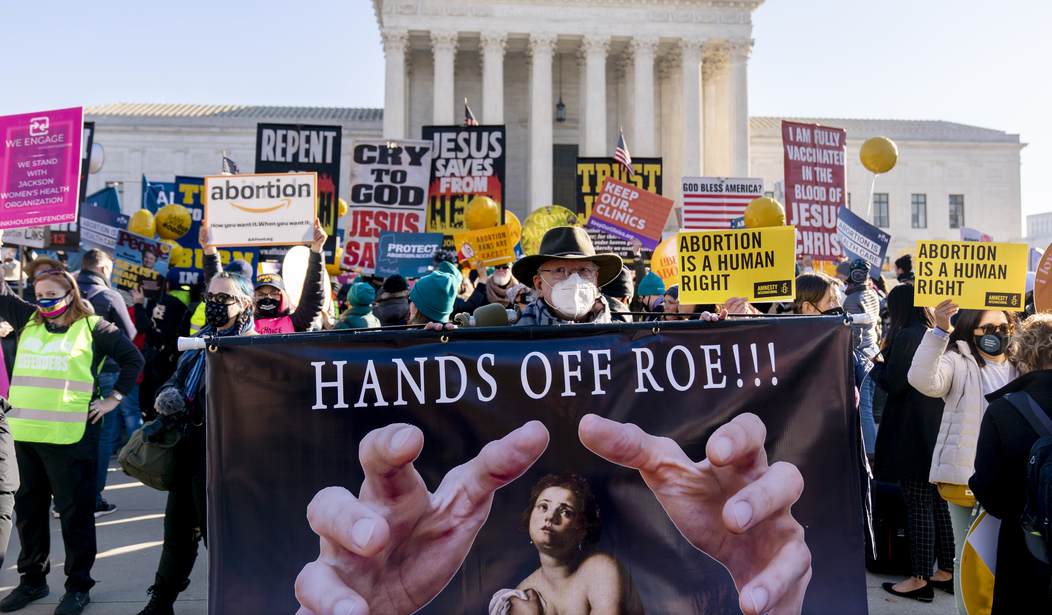On Tuesday, CNN political analyst Ronald Brownstein published a piece titled ‘Why anti-abortion states have many of the worst outcomes for kids,’ where he attacked states like Texas and Mississippi that, in recent months, have been spearheading pro-life legislation. In the article, he claims that these states invest the least in health and economic security for children, mothers, and expectant mothers.
In the article, Brownstein touched on the Supreme Court case Dobbs v. Jackson Women’s Health Organization, which could overturn the landmark Supreme Court decision Roe v. Wade. In 1973, Roe gave American women the right to abortion. Dobbs, which pertains to a 15-week abortion ban in Mississippi, could overturn both Roe and Planned Parenthood v. Casey.
“Almost all of the states that produce the most unfavorable economic and health care outcomes for children are among those poised to ban or severely restrict access to abortion if the Supreme Court overturns the nearly 50-year-old Roe v. Wade decision,” Brownstein wrote. “That pattern underscores the paradox that the states most committed to requiring women to carry pregnancies to term tend to invest the least in the health and economic security of expectant mothers and children after they are born.”
Brownstein goes on to explain that in a post-Roe world, 21 states would “snap back” abortion rights. These states, he argues, “fall into the bottom half of state rankings on a wide array of measures tracking the well-being of children and families[.]” He then cited a study conducted by Annie E. Casey Foundation that shows Texas and Mississippi rank fifth from the bottom and last, respectively, in a state-by-state measure of childhood welfare.
“The consistently poor results for children in most of these states have prompted charges of hypocrisy against abortion opponents who claim to be promoting a ‘culture of life,'’’ Brownstein wrote.
He continued, citing studies that claim that many anti-abortion states across the Sun Belt “suffer from elevated rates of poverty, particularly among children.” He also argues that 15 of the 21 states that would strip back abortion rights if Roe is overturned “rank in the top half of states for the highest share of infant deaths in the first year of life.”
Recommended
“How cruel is it to force someone to carry a pregnancy to term and then to provide completely inadequate support for what they might need?” said Kristin Ford, NARAL Pro-Choice America’s vice president of communications and research, in the article. “This is not about families. This is not about supporting women. This is about controlling people. Period. End of story.”
As of yet, the Supreme Court has not issued a ruling in Dobbs v. Jackson Women’s Health Organization. But, reports following the oral arguments, which occurred Dec. 1, indicated that the Court appeared open to overturning Roe, or at least, upholding Mississippi’s state law banning abortions after 15-weeks – a restriction that is mainstream across most western European countries.

























Join the conversation as a VIP Member